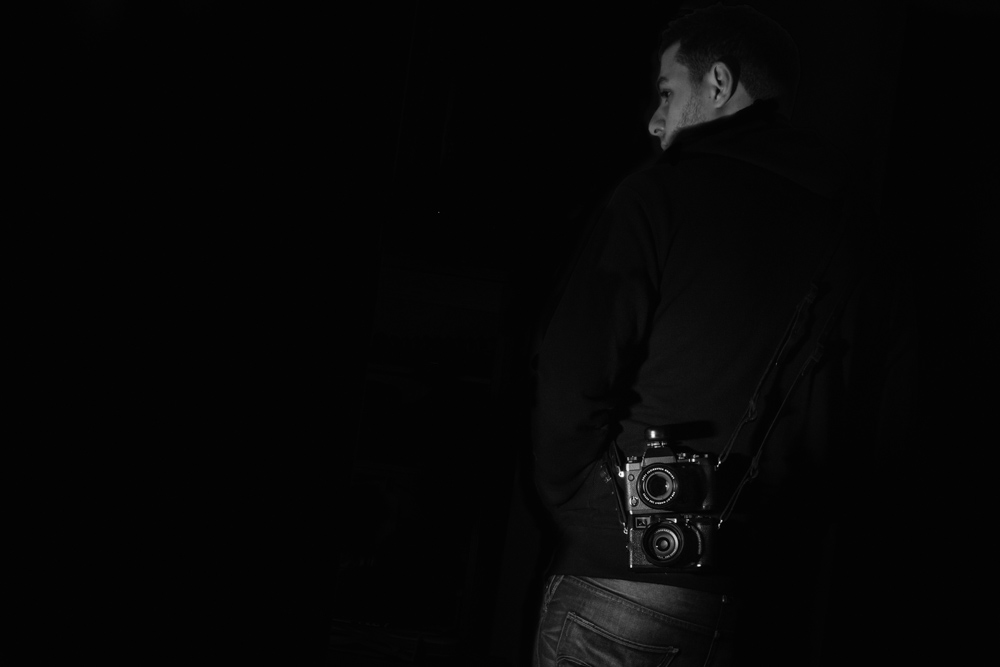Welcome to our series of 100 interviews we will be holding with professional photographers who use mirrorless cameras for work! “Switching to a smaller and lighter system” has become somewhat of a buzz phrase as of late, but many working photographers take this philosophy seriously. From medical reasons such as resolving back and shoulder pain to the simple realisation that bigger does not mean better, photographers are turning to mirrorless systems now more than ever before.
This week’s interview is with Othman Kammah, a Fuji X Ambassador, founding member of FujiTuesday, traveller and street photographer from Toronto, Canada.
Visit Othman’s photography website
Follow Othman on Twitter | Instagram | Facebook
All the images contained in this article are property of Othman Kammah.
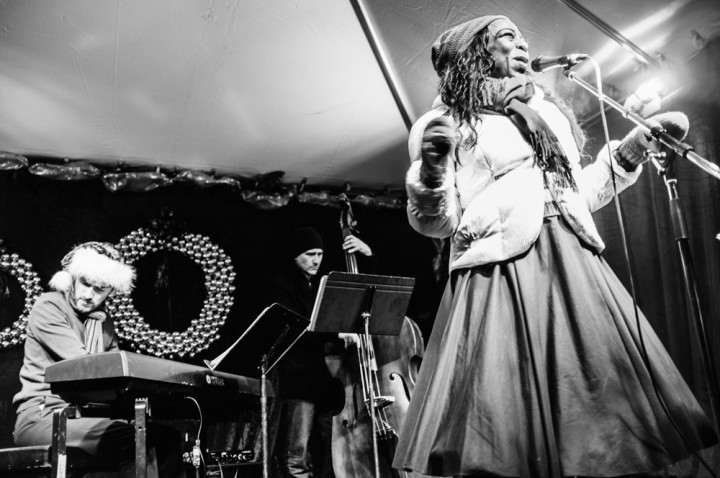
Who is ‘Othman Kammah’ in three simple sentences?
Othman Kammah is a traveller, music lover, and dreamer. I co-founded the FujiTuesday meet-up group. I’m a proud member of the Origami Collective.
What system did you use before switching to Fujifilm and why did you decide to make the switch?
Before Fuji I shot Nikon. But I dabbled in the mirrorless world along the way and shot Micro Four Thirds for a little while. I know you guys are big fans of the Olympus E-M1, I shot its little brother, the E-M5.
Is there anything you miss about the old system?
My first encounter with the Fuji X series was — like most — through an X100. I initially was very bothered by how slow everything about it was. My Nikon gear just worked, but it was soulless. I ended up having to train myself to shoot differently when out and about because it was worth it. It made me slow down and rewarded me with incredible images for doing so.
I wanted to love that camera and I did. So to answer your question, no, there is nothing I miss about the old system.
Because they taught me to think differently, Fuji’s cameras have made me a better photographer.
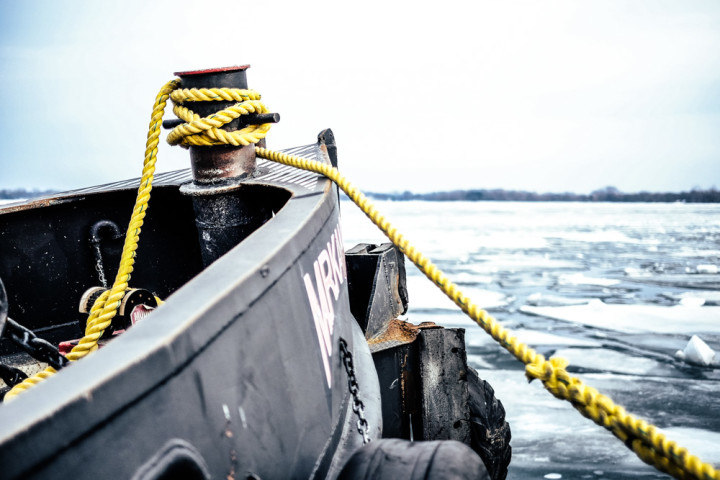
You seem to have used most cameras in the Fuji X line-up, from the original X-Pro1 to X-E1/2 to the most recent X-T1. Which model do you think best suits your style of photography and way of working?
Ha! People that know me have this running joke that I constantly change cameras and can’t hold on to one because I don’t know what I want. Believe it or not, I did this for a while because I knew exactly what I was looking for.
The X-T1 is my current go-to camera because of how well it adapts to the type of work I do. It’s small and all those dials just make me smile! Its wonderful EVF allows me to focus oh so easily when adapting older lenses and shooting in low light.
Which are your go-to lenses for Fuji X system and why?
My go-to lenses are the Fuji XF35 and XF60. Both lenses that have a reputation of being extremely sharp but slow to focus. Fuji’s relentless work on FW Updates for both their bodies and lenses has however, made them a joy to use.
The XF60 in particular is very quickly discarded by people now that the XF56 is available. I would say, give it another look, it renders beautifully and allows you to get just that much closer with its macro capability.
The XF35 is my go-to. I would not own a Fuji camera without owning that lens. It’s small, light, sharp, and just wonderful overall. It actually made me appreciate the 50mm (equivalent) focal length a lot more than I used to.
If you had to recommend three must-have accessories for your Fuji cameras, what would they be?
I can’t speak highly enough of Ona’s offering. Their bags and camera straps are incredible and the quality is definitely up there with the best. I use the Leather Bowery which allows me to carry a full kit on every day outings, and all my cameras are attached to a Lima Strap.
I can also recommend the Yongnuo flash system for those strobists out there. The RF-603CII triggers paired with their YN-560 III strobes are a great way to get into off camera flash photography! (Pro tip: these sync at up to 1/320 of a sec with the X-T1 and 1/1000 on the X100).
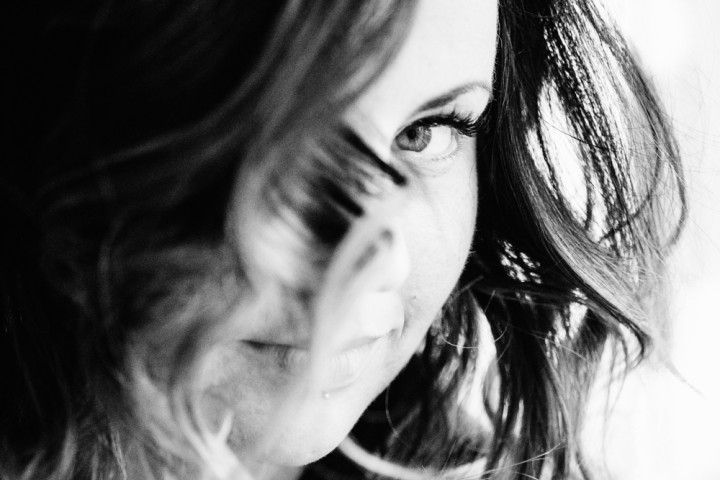
Your blog is overflowing with beautiful photographic essays. How do you go about selecting a personal project?
Thanks for the kind words, those visual essays are what keep me wanting to better my photography.
They started as a way to put up with the horrible winter Toronto has had this year and finding ways to remain creative inside. They however quickly started to influence the way I look at any paid assignments.
This may sound cliche but I don’t select personal projects, they select me. They just find me when I’m looking for inspiration and I like to do them justice as best I can. Funny thing is, ever since I started approaching my assignments with that same outlook, I started having even more fun!
You say that while you were growing up, you lived in and travelled to many countries. Which countries did you enjoy photographing the most and why?
Sadly, photography was not top of my mind during my years of travel. I was very young, lost, and more focused on the experience and the people than the incredible photographs I could’ve had the chance to try and take.
I did however, get a chance to shoot in Morocco when I got back in photography and I would put that country way up there. It is just a versatile place with beautiful people, I cannot wait to go back and apply some of my photography learnings to my next visit.
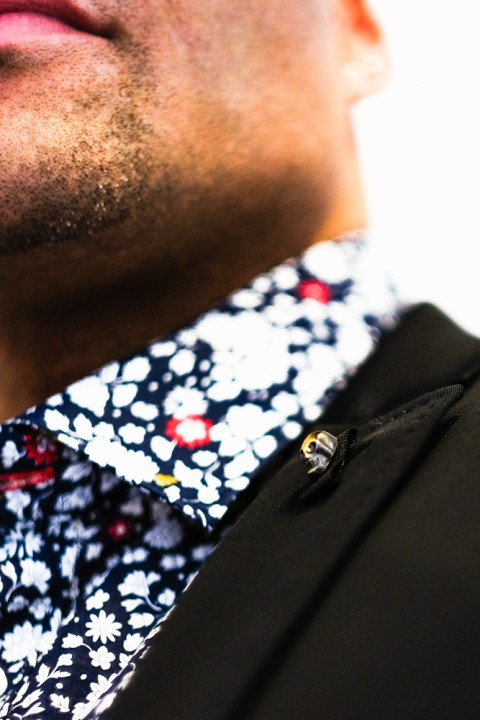
What is your personal approach to street photography? Do you interact with your subjects or do you take a more candid approach?
Some will tell you that I get very close, uncomfortably so for some. But that’s just me. I love to interact with people and find out who they are. So as far as my street photography is concerned, I would say a bit of both, with a fine appreciation for interacting with the people I meet.
I noticed that you also own a Leica M6. As a young photographer, what was your first encounter with analogue photography? When do you decide to use your M6 in the place of your digital Fuji cameras?
Growing up, I noticed my father always had a camera in his hand. He shot with a Canon AE-1 and a 50mm ƒ/1.8 lens. He also had a 200mm ƒ/3.5 lens that I use today on my X-T1 (with an FD to X mount adapter) when I want that extra reach.
Unfortunately, like most people these days, I don’t tend to print most of my work (something I’m working on fixing!).
I will choose film when I know that I want to print that moment, and hold on to it forever. Riley put it really well in his interview, who knows what we will be able to do with our digital files years from now.
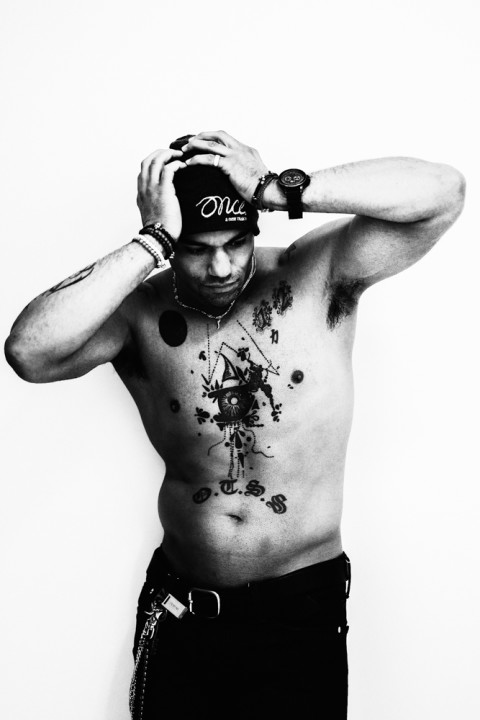
There are many great compact systems out there at the moment. If you hadn’t chosen to go down the Fuji route, would you have chosen another mirrorless system? Which one and why?
Like I mentioned earlier, I used the Micro Four Third format for a little while and it just didn’t click for me, despite a wonderful choice of bodies and lenses. I think that if I hadn’t chosen the Fuji route, I would’ve eventually found my way there. X marks the spot, and I feel right at home here.
Do you think mirrorless cameras will eventually replace the DSLR as the professional’s primary work system?
Eventually. But not quite yet. A lot of people are picking up mirrorless systems to supplement their DSLR kit. Be it the weight, the convenience, or just simply the sheer curiousness to see what it’s all about, people are intrigued.
I’ve seen quite a few people around me ditch their DSLRs for the Fuji X-T1 when that came out. Fuji is making a dent but it will take time before the public’s perception (and especially clients) changes.
I chose mirrorless because it’s what spoke to me, it allowed me to get the most out of myself and out of my work. I suggest everyone try them out, they might just be happily surprised…
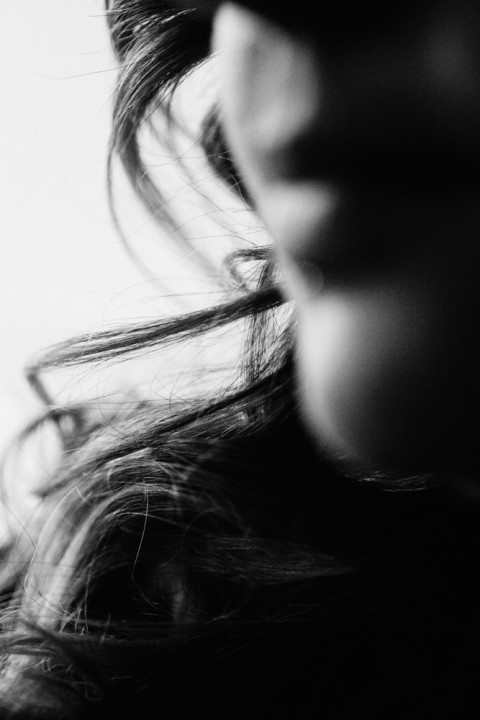
Thank you for taking the time to answer our questions, Othman!
Have a question to ask Othman about the Fuji X system or his work? Leave it in the comments section below!
